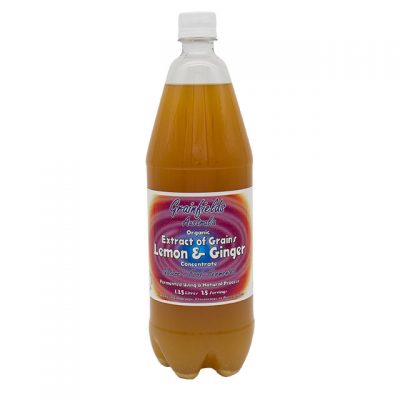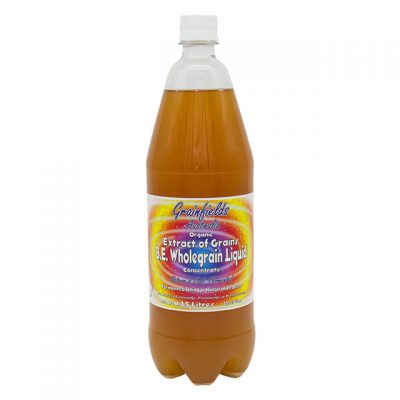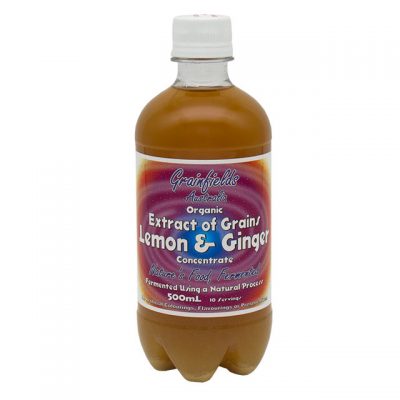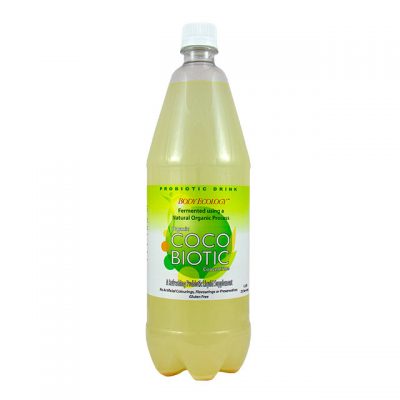 Winter is here! This is a time when our immune systems can really be put under pressure. Flus and colds can make our life a misery. Having a healthy gut biome is our immune systems first line of defence against nasty viruses and bad bacteria in the body.
Winter is here! This is a time when our immune systems can really be put under pressure. Flus and colds can make our life a misery. Having a healthy gut biome is our immune systems first line of defence against nasty viruses and bad bacteria in the body.
There are hundreds of diverse competing and co-existing species of flora which make up our gut biome.
So much research is being done on how our microbiome can affect not only our digestion but also the immune system and weight and mood. This is why leading health experts, scientists and bestselling Authors such as Dr. Mosley (The Clever Guts Diet) and Donna Gates (The Body Ecology Diet) are placing so much importance on boosting the good gut microbes and reducing the growth of harmful ones.
Both “friendly” and “unfriendly” micro- organisms are always present in our guts. When we are healthy and the balance of the friendly outweigh the unfriendly ones, our gut microbiome is in harmony and all is good with this amazing inner world.
 Many factors can upset the balance such as high stress levels, lack of sleep and antibiotics. Poor diet is a big contributor to lack of good gut flora. Fast food is acid forming and high in the wrong types of fats, refined carbohydrates and sugar. In fact, sugar is one of the worst things for your biome, as it tends to encourage the growth of the detrimental types of bacteria which may result in fungus and yeast infections such as candida. When the gut is unbalanced it allows unfriendly bacteria to flourish resulting in symptoms such as headaches, digestive disorders, weakened immunity, skin rashes and food allergies which if left unchecked can eventually lead to more serious health problems.
Many factors can upset the balance such as high stress levels, lack of sleep and antibiotics. Poor diet is a big contributor to lack of good gut flora. Fast food is acid forming and high in the wrong types of fats, refined carbohydrates and sugar. In fact, sugar is one of the worst things for your biome, as it tends to encourage the growth of the detrimental types of bacteria which may result in fungus and yeast infections such as candida. When the gut is unbalanced it allows unfriendly bacteria to flourish resulting in symptoms such as headaches, digestive disorders, weakened immunity, skin rashes and food allergies which if left unchecked can eventually lead to more serious health problems.
So, the aim for optimum gut and overall health especially in Winter is to boost the biome and make the friendly micro- organisms outnumber the bad ones. The good news is we can make this happen, we can re-balance our microbiome by feeding it the right foods.
Healthy unprocessed foods encourage the growth of good flora for our microbiome. A good rule of thumb is to eat a wide variety of nutritious wholefoods. These include brightly coloured low sugar fruit and vegetables and whole grains which contain lots of good nutrients and gut–friendly substances.
A high fibre diet is essential for good gut health. Prebiotics are foods which contain plant fibre from complex carbohydrates such as vegetables and whole grains. These foods act as the fuel to encourage the growth and activity of good bacteria. Some good sources of prebiotics include onions, asparagus, legumes, seeds, oats and bananas. A balanced diet should also include protein from vegetarian sources or clean lean animal proteins like free range poultry, grass fed or organic meats and wild caught fish.
![]() Probiotic rich fermented foods like kefir, kimchi and sauerkraut contain live friendly bacteria which help crowd out undesirable bacteria, yeast and parasites. Traditionally made cheeses and yoghurts also contain good bugs. The best fermented foods are usually those you make yourself or buy from small Artisan producers. The reason for this is that most store bought pickles, cheeses, yoghurts and fermented foods are mass produced, contain sugar and are pasteurised. Unfortunately, modern methods of food production and pasteurisation kill off the good bugs.
Probiotic rich fermented foods like kefir, kimchi and sauerkraut contain live friendly bacteria which help crowd out undesirable bacteria, yeast and parasites. Traditionally made cheeses and yoghurts also contain good bugs. The best fermented foods are usually those you make yourself or buy from small Artisan producers. The reason for this is that most store bought pickles, cheeses, yoghurts and fermented foods are mass produced, contain sugar and are pasteurised. Unfortunately, modern methods of food production and pasteurisation kill off the good bugs.
There are also many probiotic supplements on the market and Doctors and Health Practitioners are often prescribing them to their patients or recommending fermented foods. Probiotics can help maintain and balance the gut microbiome which in turn helps maintain a robust immune system.
At AGM Foods we make products from fermented organic prebiotic food sources so that they are a probiotic as well as a prebiotic. We carefully monitor our process and lab test every batch to ensure the presence of live friendly bacteria.
The state of our gut biome is extremely important for many aspects of our health. So, if we feed our gut biome well , we can reap the benefits this winter.
Sources: The Body Ecology Diet by Donna Gates, The Clever Guts Diet by Dr. Michael Mosley, The CSIRO Total Wellbeing Diet by Dr. Manny Noakes & Dr. Peter Clifton.







